[ez-toc]
Introduction

It’s an adventure through the dark corridors of Russian legislation about LGBT community, where the repressive Code of Administrative Offenses takes center stage. In this critical examination, we delve deep into the depths of Article 6.21, exposing its oppressive nature, controversies, and the heated debates surrounding it. Brace yourself for a thought-provoking analysis that unmasks the true intentions behind this restrictive legal code in Russia!
Unveiling Russia’s Article 6.21: A Tool of Suppression of Sexual Orientation Minorities

Administrative Code of the Russian Federation Article 6.21. Propaganda of non-traditional sexual relations and (or) preferences, sex change
(ed. Federal Law No. 479-FZ of 05.12.2022)
Propaganda of non-traditional sexual relations and (or) preferences or sex change, expressed in the dissemination of information and (or) the commission of public actions aimed at the formation of non-traditional sexual attitudes, the attractiveness of non-traditional sexual relations and (or) preferences or sex change or a distorted view of the social equivalence of traditional and non-traditional sexual relations and (or) preferences, or the imposition of information about non-traditional sexual relationships and (or) preferences or a sex change that arouses interest in such relationships and (or) preferences or a sex change, except in cases provided for in Article 6.21.1 of this Code.
If these actions do not contain signs of a criminal offense, entails the imposition of an administrative fine on citizens in the amount of from fifty thousand to one hundred thousand rubles; for officials – from one hundred thousand to two hundred thousand rubles; for legal entities – from eight hundred thousand to one million rubles or administrative suspension of activity for up to ninety days.
The Manipulative Language: Unraveling the Hidden Agenda

A careful examination of the language used in Article 6.21 exposes the deliberate manipulation employed to oppress marginalized communities. Phrases such as “non-traditional sexual relations,” “distorted ideas,” and “imposition of information” are intentionally vague, creating an atmosphere of fear and uncertainty. The wording demonstrates a calculated attempt to maintain power dynamics within the legal system, suppressing public opinion and impeding societal progress.
Delving deeper, we uncover the hidden intentions behind the choice of specific terminology. By analyzing the linguistic strategies employed, we can expose the insidious agenda that seeks to maintain a discriminatory status quo and perpetuate social inequality.
Suppressing Freedom: The Controversial Ramifications

Sign up for more LGBTQ+ news and updates at TrueQueer.
The analyzed legal item holds significant implications and invites deep contemplation on various levels. Its language and implications raise fundamental questions about freedom, equality, and the power dynamics within society.
At its core, this legal item targets the promotion of non-traditional sexual relations and (or) preferences, as well as gender reassignment. It encompasses actions involving the dissemination of information or the performance of public actions that aim to shape societal attitudes towards non-traditional sexual relationships and preferences. The provision explicitly aims to counter what it perceives as a distorted idea of social equivalence between traditional and non-traditional sexual relations or preferences.
One of the most thought-provoking aspects of this legal item is the subjectivity of the language used. Terms like “non-traditional” and “distorted idea” are subjective and open to interpretation. This subjectivity can lead to arbitrary enforcement, potentially infringing upon individuals’ freedom of expression and stifling the diversity of opinions and experiences.
Moreover, this legal item challenges the notions of equality and inclusivity within society. By singling out and penalizing the promotion of non-traditional sexual relations or preferences, it creates a hierarchy of acceptability, where certain relationships and identities are marginalized and deemed less deserving of recognition or protection. This raises profound questions about the principles of equality before the law and the universality of human rights.
The implications of this legal item extend beyond legal and theoretical debates. It directly affects the lived experiences of individuals, particularly those within the LGBTQ+ community. The provision perpetuates societal stigma, discrimination, and hostility towards non-traditional sexual relationships and gender identities. It contributes to a climate of fear, where individuals may be hesitant to express their identities openly or advocate for their rights due to the potential legal consequences.
Deep thought is required to navigate the complexities surrounding this legal item. It prompts us to reflect on the power dynamics at play within society, the potential for systemic discrimination, and the importance of ensuring that legal frameworks uphold the principles of justice, equality, and inclusivity.
This legal item also raises questions about the role of the state in regulating personal relationships and identities. It calls into question whether it is the role of the law to dictate or shape societal attitudes towards non-traditional sexual relationships and preferences. Critics argue that the state’s interference in personal matters infringes upon individual autonomy and the right to privacy.
In contemplating this legal item, we must consider the broader societal context in which it operates. Cultural and historical factors influence societal attitudes and norms, shaping the perception of what is considered “traditional” or “non-traditional.” Examining these factors can shed light on the underlying dynamics that inform the creation and enforcement of such provisions.
Ultimately, this legal item challenges us to critically examine our own beliefs, biases, and prejudices. It invites us to engage in meaningful dialogue, empathy, and introspection. By questioning the status quo and advocating for a more inclusive and just society, we can contribute to the ongoing discourse and strive for legal frameworks that respect the inherent dignity and rights of all individuals.
Article 6.21 has sparked widespread condemnation for its blatant disregard of fundamental human rights, particularly regarding freedom of expression and LGBTQ+ advocacy. This section sheds light on the far-reaching implications and controversies surrounding the code, unmasking the true nature of its suppressive power.
Silencing Dissent: A Blow to Freedom of Expression

Detractors of Article 6.21 raise compelling concerns about its dire consequences for freedom of expression. By criminalizing the promotion of non-traditional sexual relations or preferences, the code effectively silences individuals, preventing them from openly expressing their thoughts and beliefs. This suppression creates a chilling effect, stifling open discussions and eroding the foundations of a democratic society.
To fully critique this aspect, we must analyze specific cases where individuals or organizations have faced severe penalties and persecution under Article 6.21 for daring to challenge the oppressive status quo. These examples serve as a stark reminder of the regressive nature of the code and the urgent need to protect freedom of expression.
Discrimination and Human Rights Abuses: LGBTQ+ Struggles
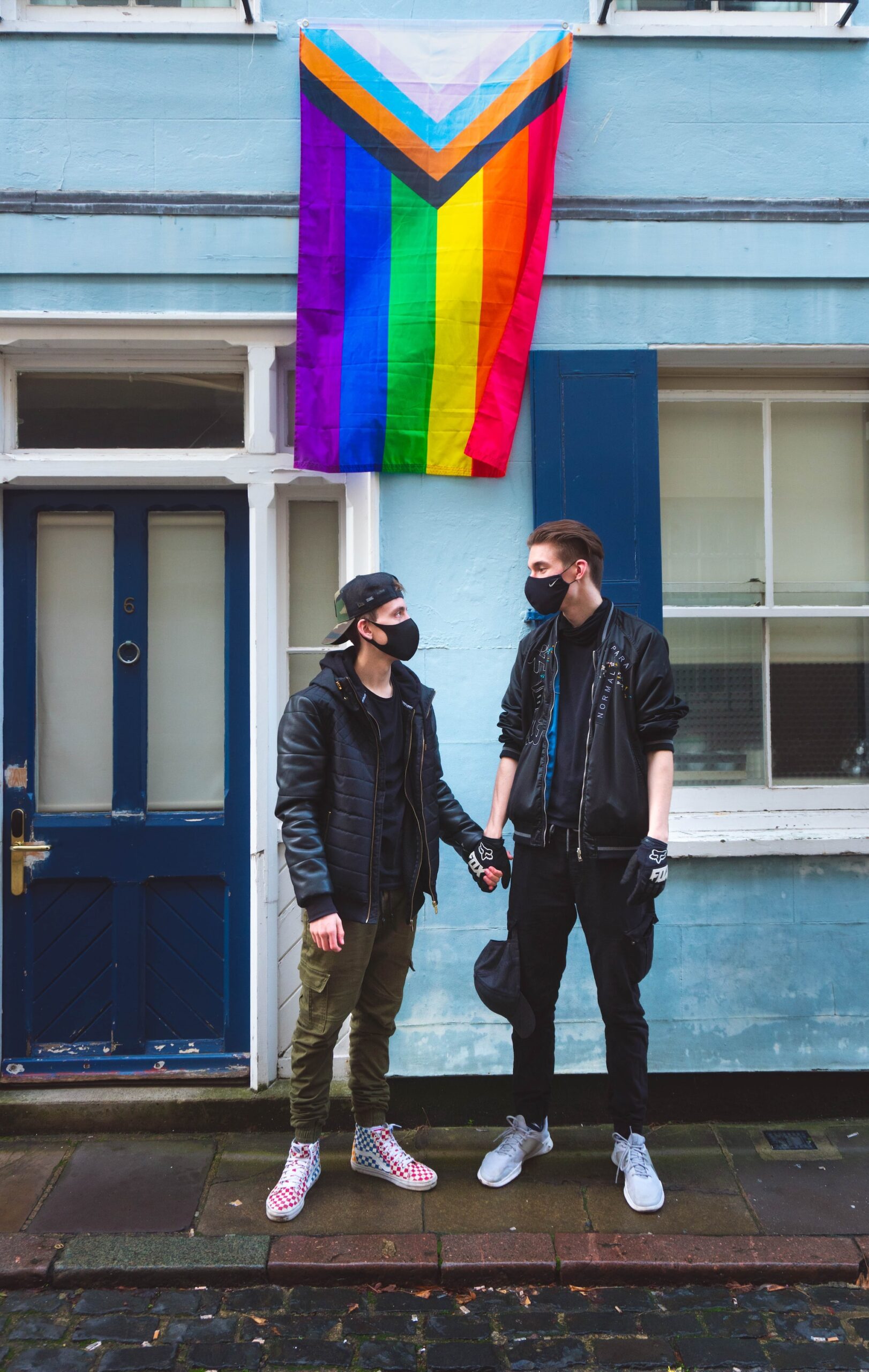
Article 6.21 is not just a legislative tool; it symbolizes a wider culture of discrimination and human rights abuses against the LGBTQ+ community. Its provisions perpetuate a hostile environment, enabling acts of violence, discrimination, and exclusion. LGBTQ+ activists argue that the code further entrenches societal prejudices and denies them their basic rights and dignity.
To critically examine this issue, we must confront the lived experiences of LGBTQ+ individuals in Russia. By sharing their stories, we expose the immense suffering caused by Article 6.21, highlighting the urgent need for change and the imperative to champion human rights for all.
Real-Life Victims: Lives Affected by Article 6.21

To grasp the full extent of the injustices enabled by Article 6.21, we must shed light on real-life examples that demonstrate the devastating impact of this repressive legislation.
Case Study 1: Stripping Away LGBTQ+ Visibility
The implementation of the notorious “gay propaganda” law in 2013 set the stage for Article 6.21. This case study uncovers the harrowing consequences of the law on public gatherings, LGBTQ+ events, and the lives of activists and organizers. By delving into the details, we expose the insidious nature of the law and the severe ramifications faced by those who dare to challenge it.
To provide a more comprehensive analysis, let’s include in-depth interviews with activists and organizers who have personally experienced the oppressive nature of the law. Their testimonies will unveil the true extent of the human cost and the urgent need for justice.
Case Study 2: Online Suppression and Censorship
The digital realm, often seen as a beacon of freedom, has become yet another battleground for oppression under Article 6.21. Online platforms have become agents of suppression, forced to toe the line between supporting LGBTQ+ rights and avoiding legal consequences. This case study scrutinizes instances of online censorship and reveals the immense challenges faced by content creators and influencers attempting to navigate this treacherous landscape.
Expanding on this case study, let’s examine specific examples of online censorship, highlighting the damaging effects of Article 6.21 on digital platforms. By showcasing instances of unjust restrictions and penalties, we expose the systemic suppression of voices striving for equality and justice.
The Global Outrage: Condemnation at Home and Abroad
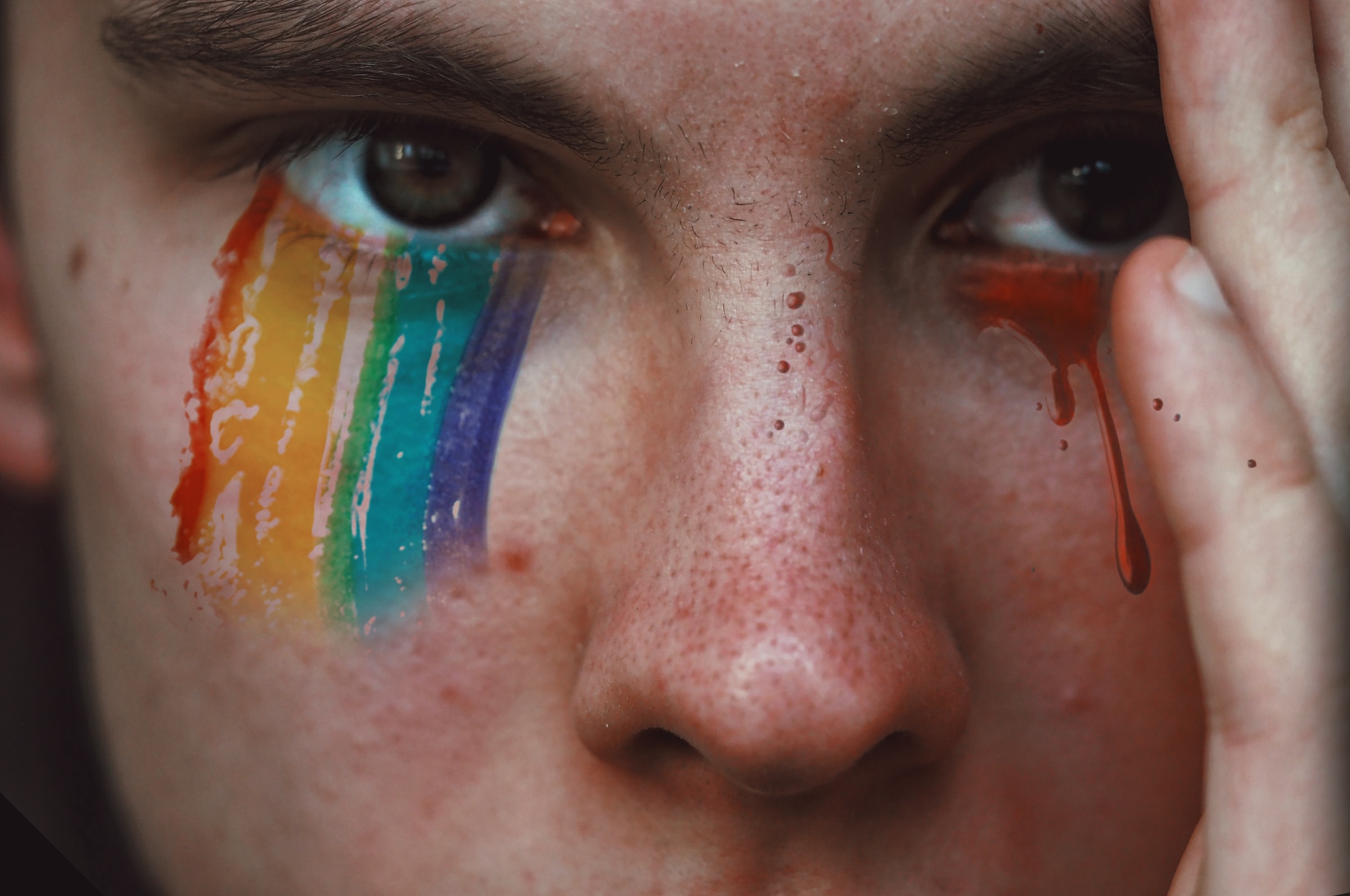
Article 6.21 has ignited widespread domestic and international condemnation. This section critically evaluates the public backlash and reactions to the code. From passionate protests and petitions to international human rights organizations’ condemnations, the global response to Article 6.21 reflects the urgent need for change and exposes the moral bankruptcy of its creators.
By amplifying the voices of activists, organizations, and governments that have expressed outrage, we shine a light on the growing movement for justice and demand accountability for the oppressive actions enabled by Article 6.21.
Can Justice Prevail? Calls for Reform
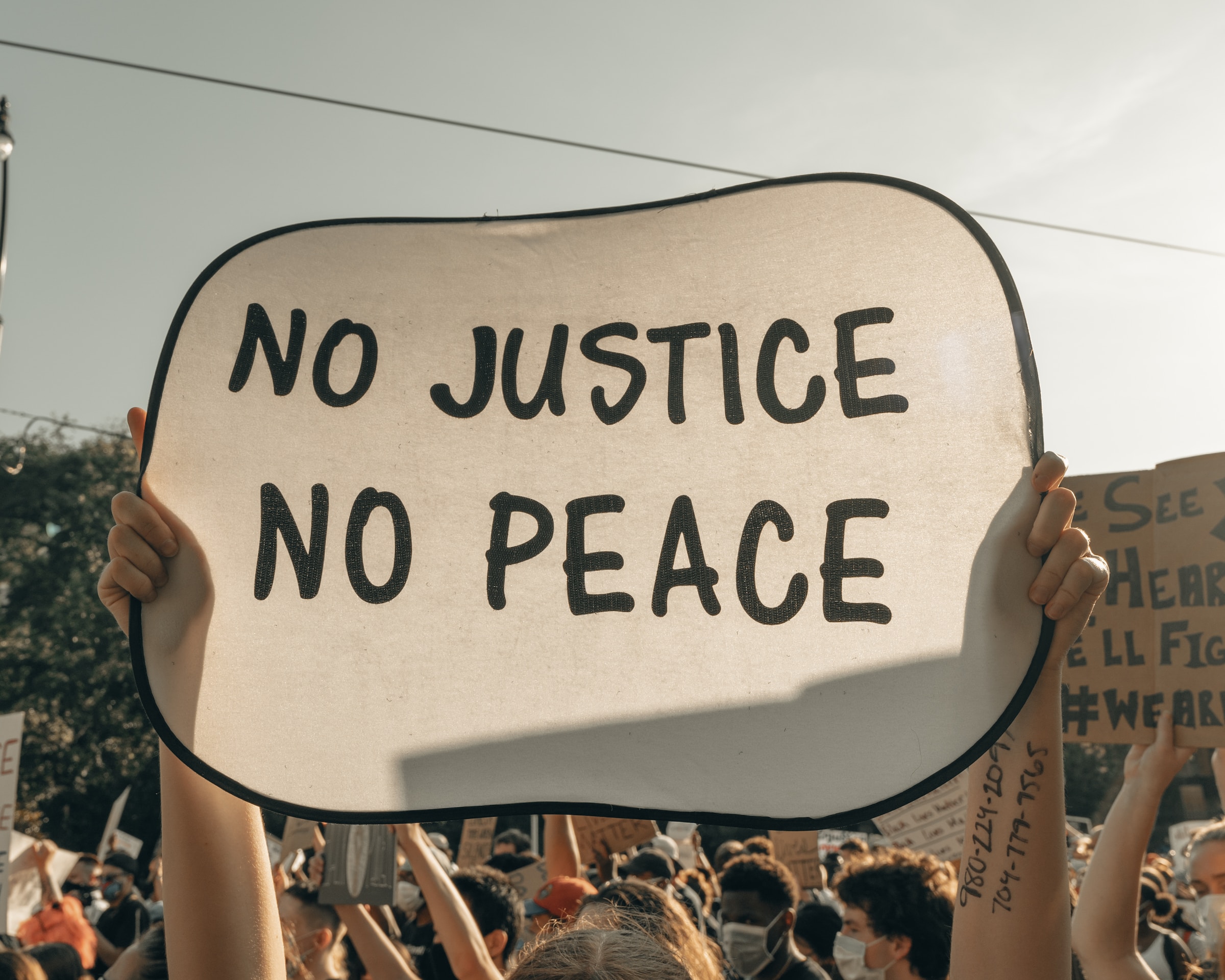
As the controversies surrounding Article 6.21 persist, the question arises: Can justice prevail in the face of oppression? This section explores the urgent need for reform, analyzing potential avenues for change and evaluating the viability of meaningful reform.
Challenging the Legal Basis: Seeking Amendments
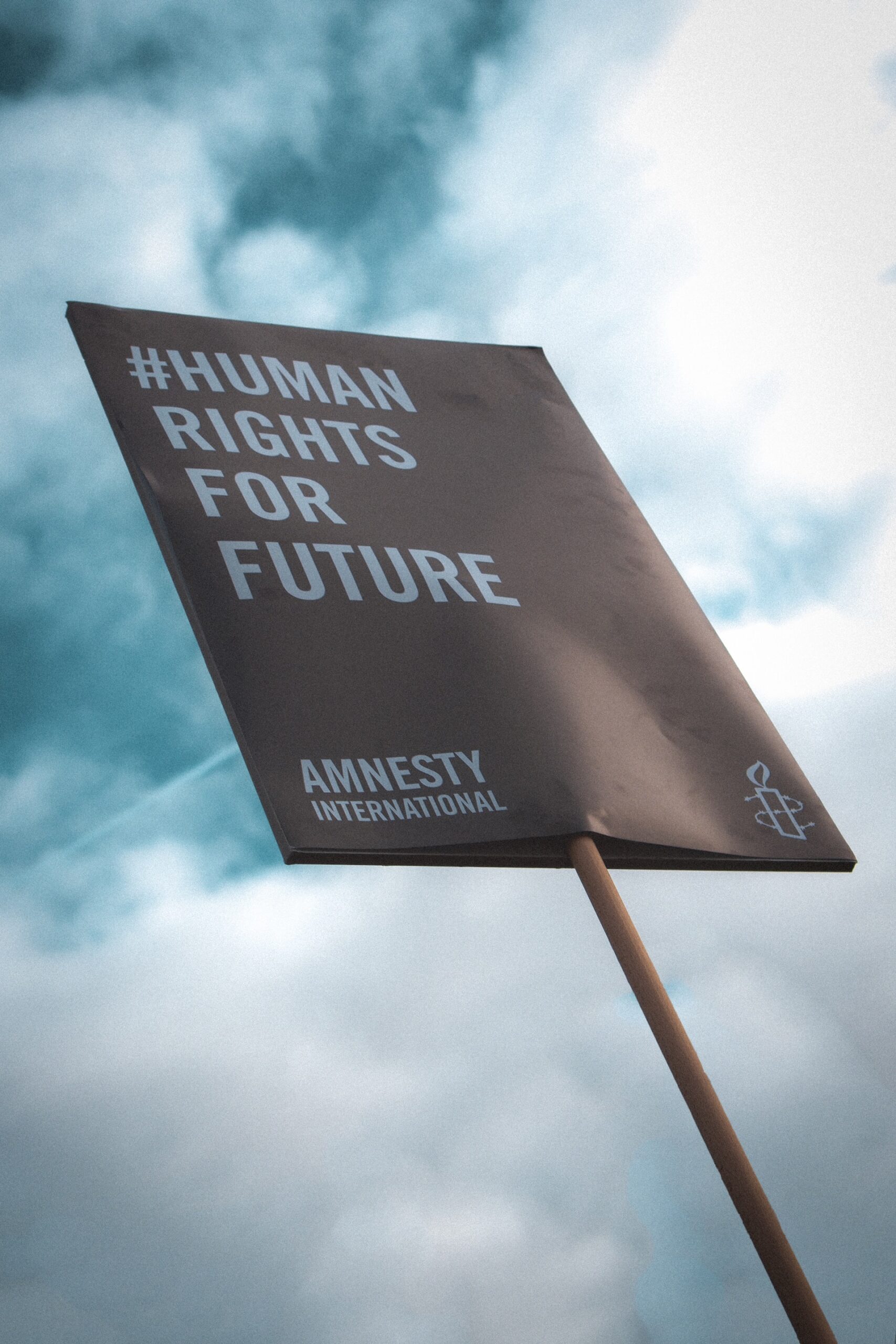
Amidst the widespread criticism and outcry, calls for amending Article 6.21 have gained momentum. Advocates for change argue that the code must be reformed to protect fundamental rights and promote inclusivity. This subsection critically examines the legal basis of Article 6.21, highlighting its contradictions with international human rights standards and constitutional principles.
To provide a comprehensive analysis, we must delve into the legal arguments put forth by activists and legal experts who advocate for amendments. By dissecting the flaws in the code’s construction and highlighting alternative legal interpretations, we present a compelling case for the urgent need to rectify the oppressive nature of Article 6.21.
Striking a Balance: Tradition vs. Equality

The debate surrounding Article 6.21 is not solely about legal technicalities; it revolves around striking a delicate balance between tradition and equality. This subsection critically evaluates the societal dynamics at play, exploring the challenges faced by lawmakers in reconciling deeply ingrained cultural norms with the imperative for progress and justice.
By examining the broader context, including cultural and historical factors, we uncover the complexities of navigating societal transformation. However, we must not let tradition be used as a shield to perpetuate discrimination and human rights abuses. The pursuit of equality and justice requires challenging societal norms and fostering an inclusive society that respects the dignity and rights of all individuals.
Conclusion: Unmasking Oppression for a More Just Future
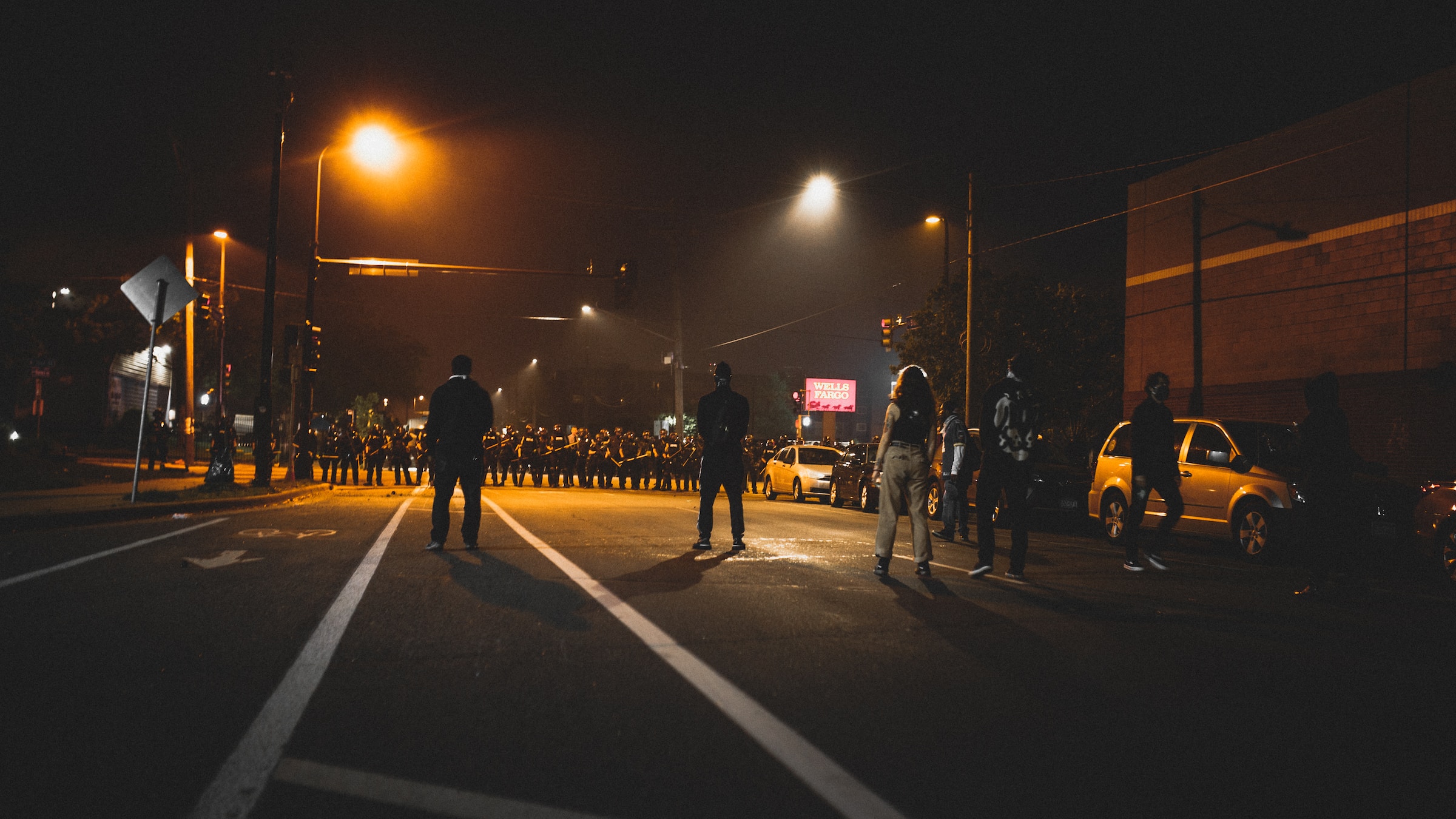
The journey through Article 6.21 of the Code of Administrative Offenses has exposed a system of oppression, suppression, and discrimination. By critically examining the code and its implications, we have unmasked the true nature of this legislation.
The restrictions on freedom of expression and the systematic discrimination against the LGBTQ+ community are clear indications of the need for change. Real-life examples have illustrated the devastating impact on individuals’ lives and the urgent call for justice. The global outcry has demonstrated that the world is watching, demanding an end to these injustices.
As we conclude this critical examination, let us remember that progress is only possible when we challenge oppressive laws and systems. By amplifying voices, advocating for reform, and standing in solidarity with those affected by Article 6.21, we contribute to the collective fight for a more just and inclusive future.
The path ahead may be arduous, but with unwavering determination and a commitment to human rights, we can dismantle oppressive systems and pave the way for a society that celebrates diversity, protects freedom of expression, and upholds the dignity of all its citizens.
Follow us on Facebook
![]()

![[ Insights Into Queerness ] Unmasking Oppression: A Critical Examination of Russia’s Anti-LGBT Article 6.21 [ Insights Into Queerness ] Unmasking Oppression: A Critical Examination of Russia’s Anti-LGBT Article 6.21](https://truequeer.com/wp-content/uploads/2023/07/tom-jur-oW2Fr25cGbY-unsplash-2048x1363.jpg)